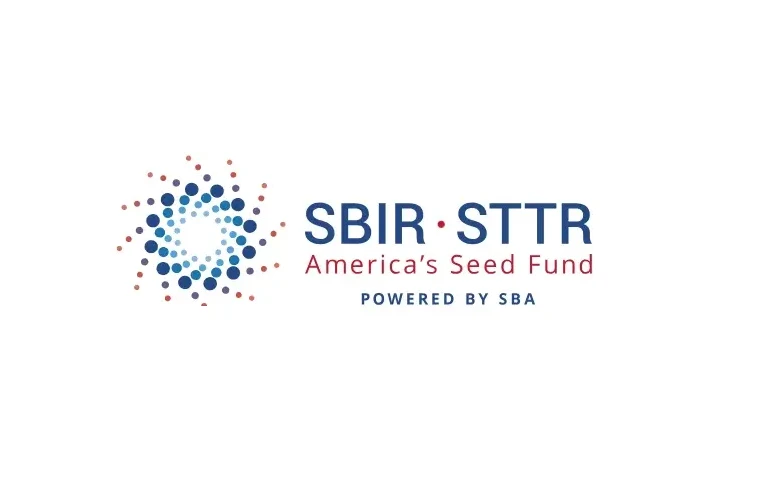Published on Dec 15, 2023 news

Betafeld has been awarded Small Business Innovation Research (SBIR) Phase I funding by the National Science Foundation (NSF) to develop MatLoop, a pioneering platform enabling positive changes in food waste management.
According to Betafeld’s Co-founder and President, Dr. Alissar Yehya, “this accomplishment reflects Betafeld’s dedication to sustainable food management and circular economy innovation. We are honored our project was deemed worthy of such distinguished, invaluable support.”
The project, "Upcycling Farm-level Food Waste to Accelerate the Transition to a Circular Economy," facilitates upcycling farm-level food waste using an innovative technological platform (MatLoop) that combines artificial intelligence and a powerful prescriptive analytics engine. The novel platform addresses the complexity of large-scale farm produce transactions and provides a robust, vital tool for achieving a circular agricultural economy.
MatLoop prevents and reduces food waste by efficiently connecting farmers, bioproduct businesses, and logistics companies, facilitating the buying and selling of such goods. It transforms off-grade and surplus produce into additional revenue sources for farmers and, at the same time, opens more business opportunities for buyers and trucking companies.
Reducing food waste will contribute to environmental conservation by diverting organic materials from landfills, mitigating greenhouse gas emissions, and promoting a circular economy. The platform positively impacts society by addressing environmental injustice, lessening food insecurity, and fostering socio-economic development.
At Betafeld, we are proud to introduce MatLoop and are dedicated to accelerating a circular agri-food supply chain for a sustainable future!
The SBIR—Small Business Innovation Research—program is a competitive program coordinated by the Small Business Administration (SBA), a United States government agency dedicated to supporting America’s small businesses. The program encourages small businesses to explore technological potential by engaging in federal research and development (R&D) and incentivizes them to profit from the commercialization of their innovations.
The program fosters high-tech innovation in the nation’s R&D arena and promotes entrepreneurship. It plays a significant role in driving technological advancement and economic growth in the United States.
Betafeld has successfully secured SBIR Phase I funding to help develop MatLoop and foster the transition to a circular agricultural economy.
The SBIR program website states, “The mission of the SBIR/STTR programs is to support scientific excellence and technological innovation through the investment of Federal research funds in critical American priorities to build a strong national economy.”
The four goals of the program are to:
Small businesses participating in the SBIR program must have a burning desire to conduct innovative R&D and develop a viable product they want to bring to the marketplace.
By applying for and receiving an SBIR award, a business receives funding to conduct R&D, retain the rights to all associated intellectual property, and has the opportunity to obtain additional funding to continue the technology’s development. The SBIR program provides scientists, engineers, and collaborators a unique opportunity to develop and grow a small business.
The SBIR program is highly competitive. In 2023, 16% of the SBIR Phase I and 26% of the Phase II applicants were awarded funding.
The projects must have the potential to benefit society positively and lead to significant commercial market outcomes. Most funded startups have recently been formed, have fewer than five employees, and have yet to receive government funding.
Small businesses compete for funding through a highly competitive, peer-reviewed process. The funds provided through SBIR are not loans but rather grants or contracts. They are non-dilutive funding for R&D.
Participating federal agencies allocate a certain percentage of their extramural R&D budgets to the SBIR program. Eleven federal agencies currently participate, including the National Science Foundation (NSF), the National Institutes of Health (NIH), the Department of Defense (DoD), and NASA.